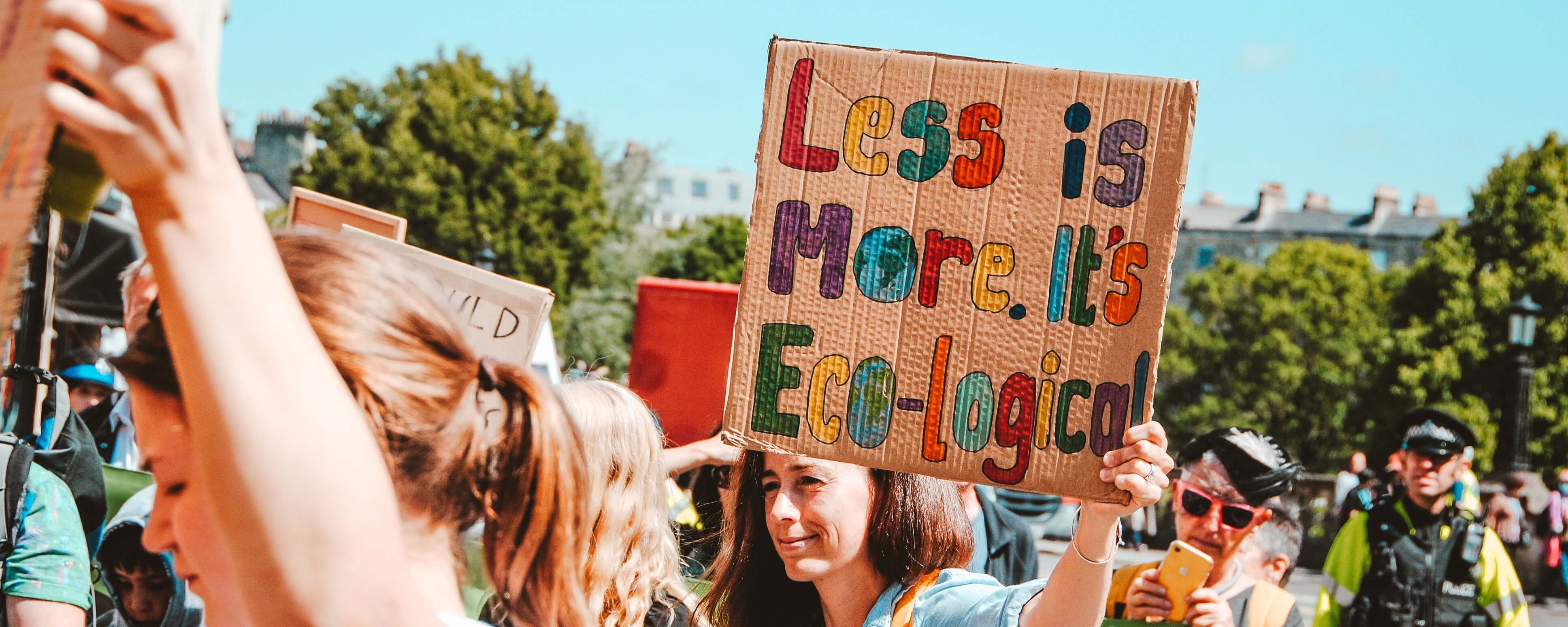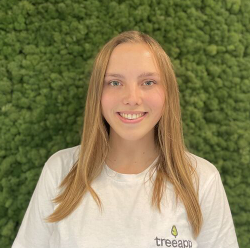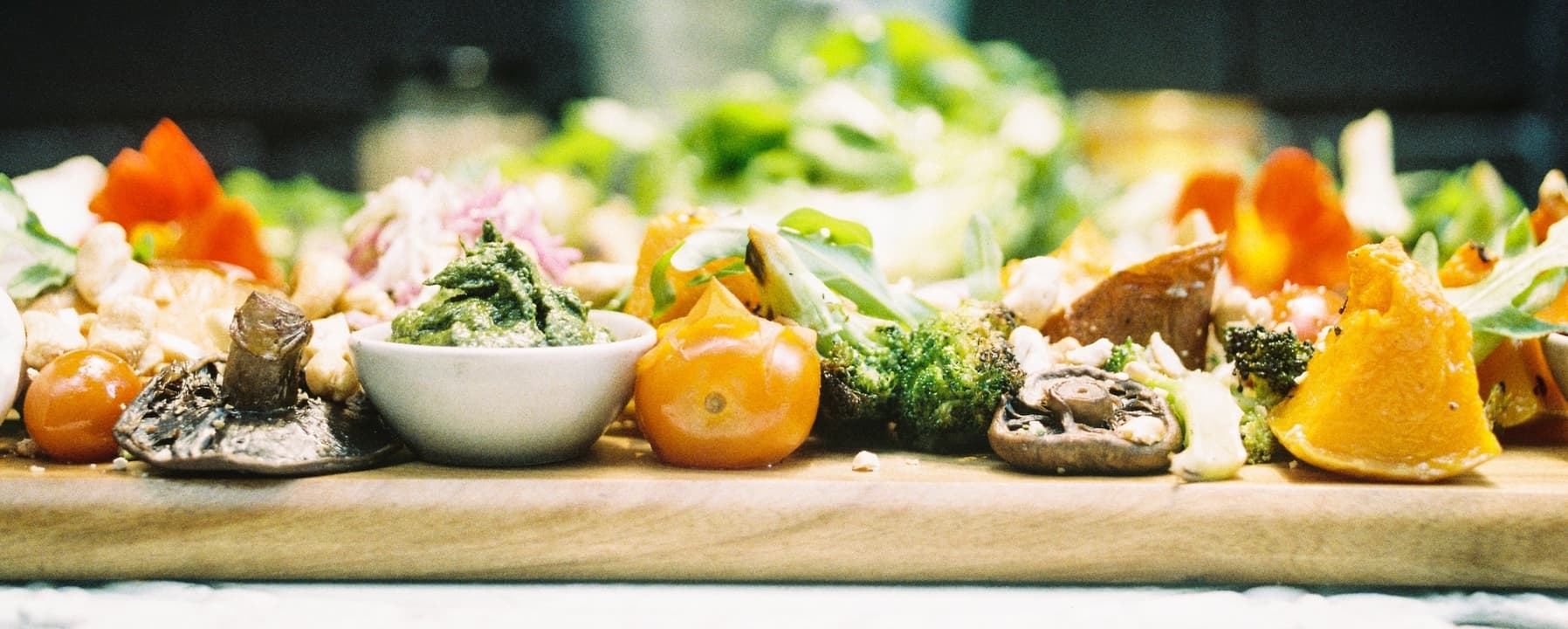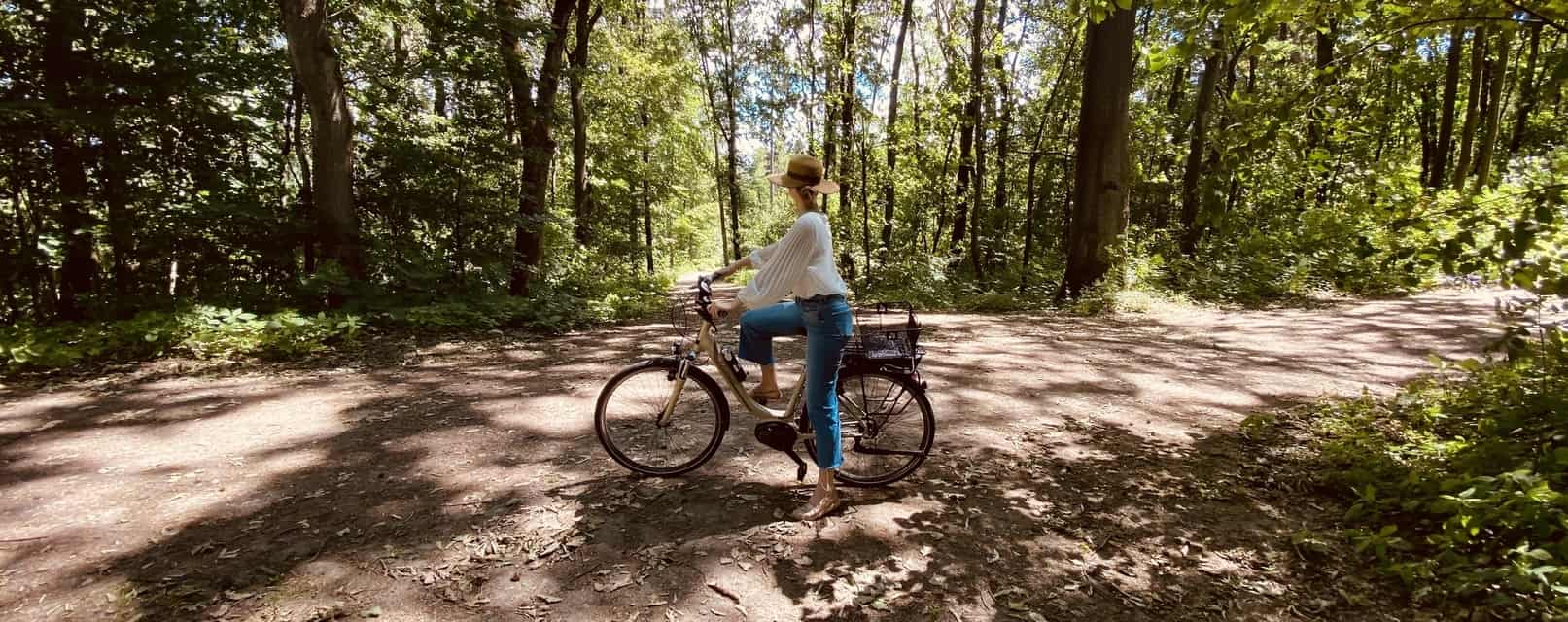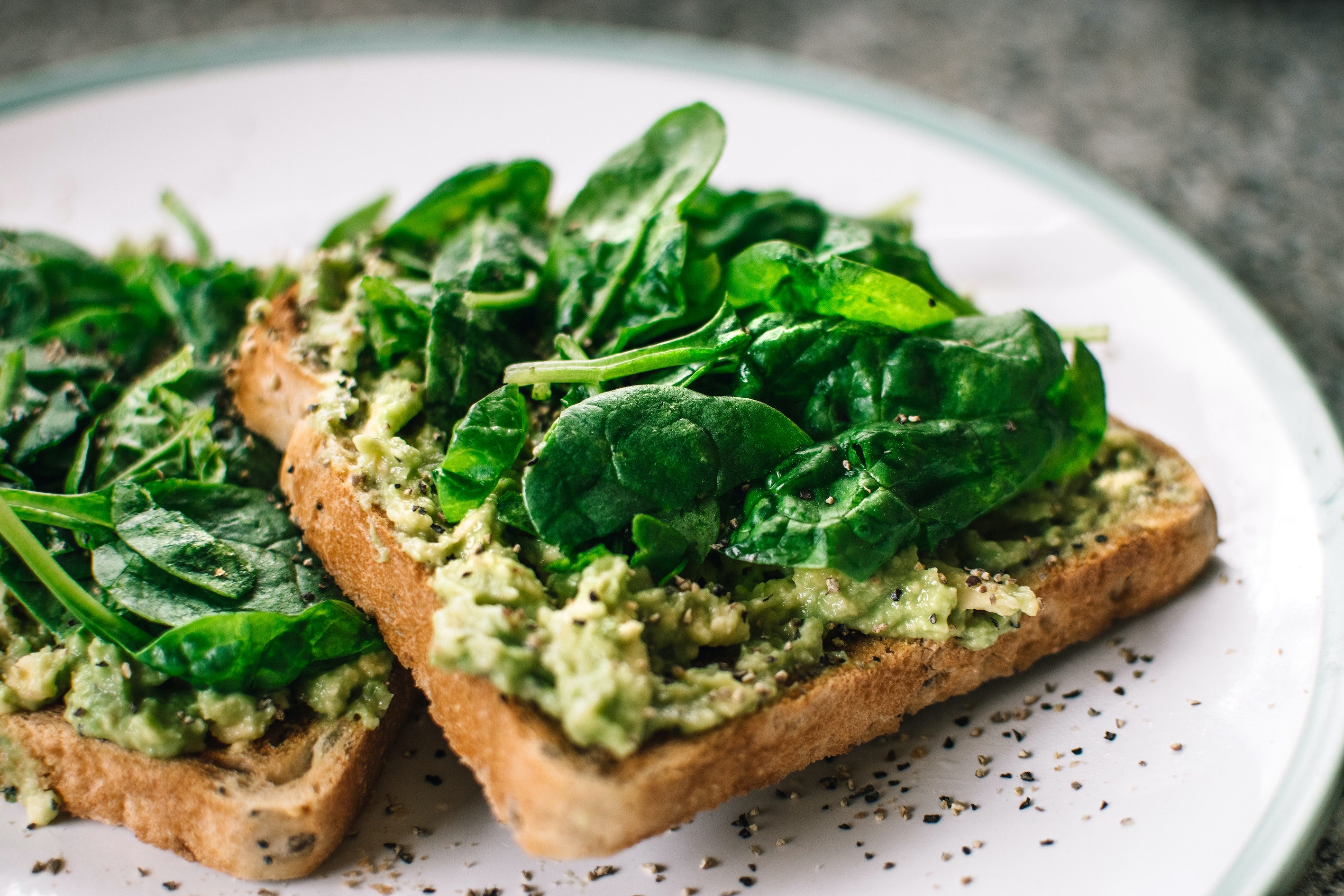As an increasing amount of environmental rollbacks are put into place, it is more important than ever that we all do our part to help minimise waste in our own homes. Although sometimes it may be challenging to cut down on single-used products, the zero-waste movement can help households reduce their garbage output. Everyone has to start somewhere - and all the little things can make a huge impact on our world!
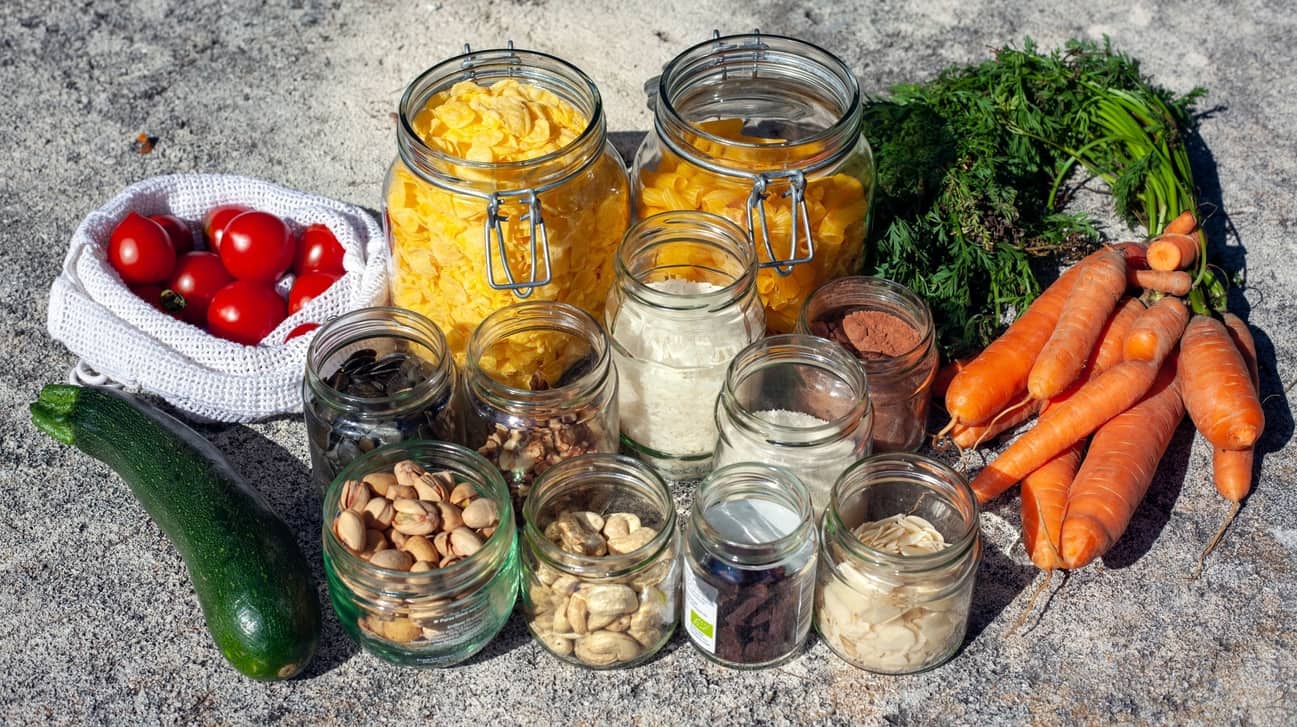
Photo: Upcycled jars (Source: Unsplash)
Give your food scraps a second life to reduce waste
Instead of composting your food waste, see if you can upcycle it first. For example, vegetable scraps like onion, celery, carrot peelings, and others (or foods on the brink of going bad) can be turned into vegetable broth. Alternatively, you can keep them in a glass container in the freezer for later. This will help you minimise food waste and save you money in the long run.
Repurpose old fabric
We can repurpose old fabric such as old towels, bedding or t-shirt into cleaning rags. These rags can be washed and reused for years until they disintegrate, and you would not feel bad about using them to mop up stain-inducing splotches. There is no need to buy cleaning cloths, wipes, rags, paper towels or tissues. Natural fibres work better over plastic polyester fabric. This means that old fabric will help you clean more efficiently and save costs on cleaning materials! It’s a win-win.
Steam your microwave
Instead of buying plastic-bottled chemicals to clean your microwave, steam a cup of water for a couple of minutes. The steam will soften the food stuck in the appliance, making it easier to wipe down using your repurposed rag.
Use Beeswrap instead of Plastic Wrap
Beeswrap is a total game changer, especially if you are adopting a zero-waste lifestyle. It is a piece of cloth that is coated in a light layer of natural beeswax on both sides, and clings to dishes and foods the way plastic wrap does, except that beeswrap is infinitely re-usable! Each sheet of beeswrap lasts about 6 months to a year before the wax wears off, at which point you can either compost it or re-wax it yourself and use it over and over again.
**Ditch the disposables!
Personal Care Essentials
Tip: you can reuse your old toothbrushes for cleaning before disposing of them!
On average, a person should swap to a new toothbrush every 3 to 4 months. You can only imagine how many toothbrushes end up in the landfill. Over 4.7B plastic toothbrushes are produced worldwide yearly & 99% of these brushes are not biodegradable.
Tooth.eco have created an eco toothbrush that people want to keep forever, still recognising that the heads have to be disposable. They minimise the environmental impact by making the replaceable heads as small as possible and from plant-based, biodegradable plastic, while the rest can be kept for a lifetime.
To complement your toothbrush, Georganic’s Eco-friendly Vegan toothpaste, mouthwash and floss will help you live more sustainably. Their products come in glass and aluminium jars that are designed to be reusable in every way possible from food storage to tiny plant pots. And even better - they are packaged in zero-waste, fully biodegradable and compostable kraft paper cardboard boxes!
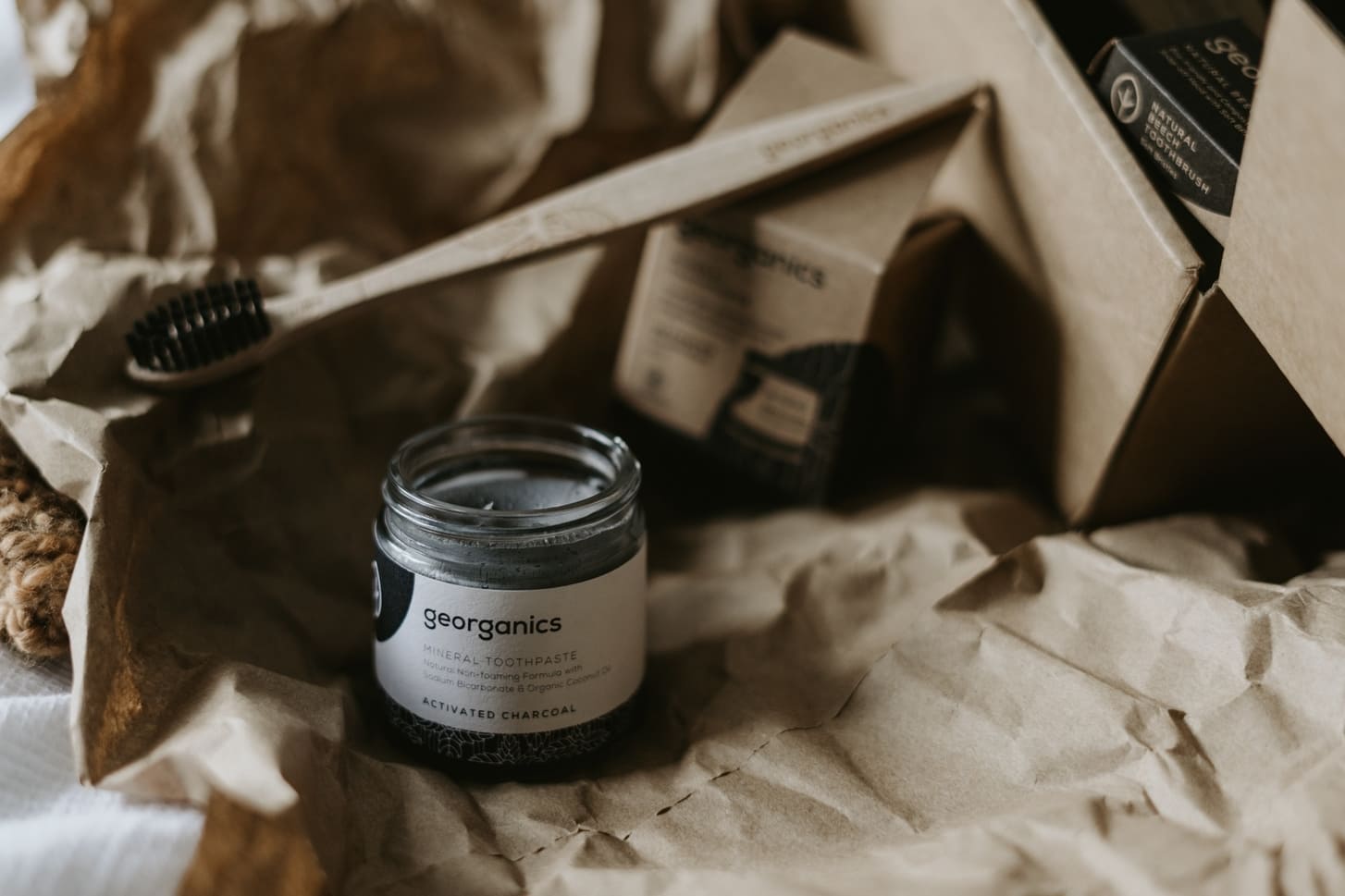
Photo: Georganics mineral toothpaste (Source: Unsplash)
Reusables on the Go
Did you know that food and drink packaging are the most widespread items littering our oceans? Ditch the disposables and swap with these reusables!
Elephant Box makes lunchboxes and water bottles from high-quality food-grade stainless steel. Their products are strong-clean and infinitely recyclable - designed for a lifetime of service and backed by a 15-year warranty.
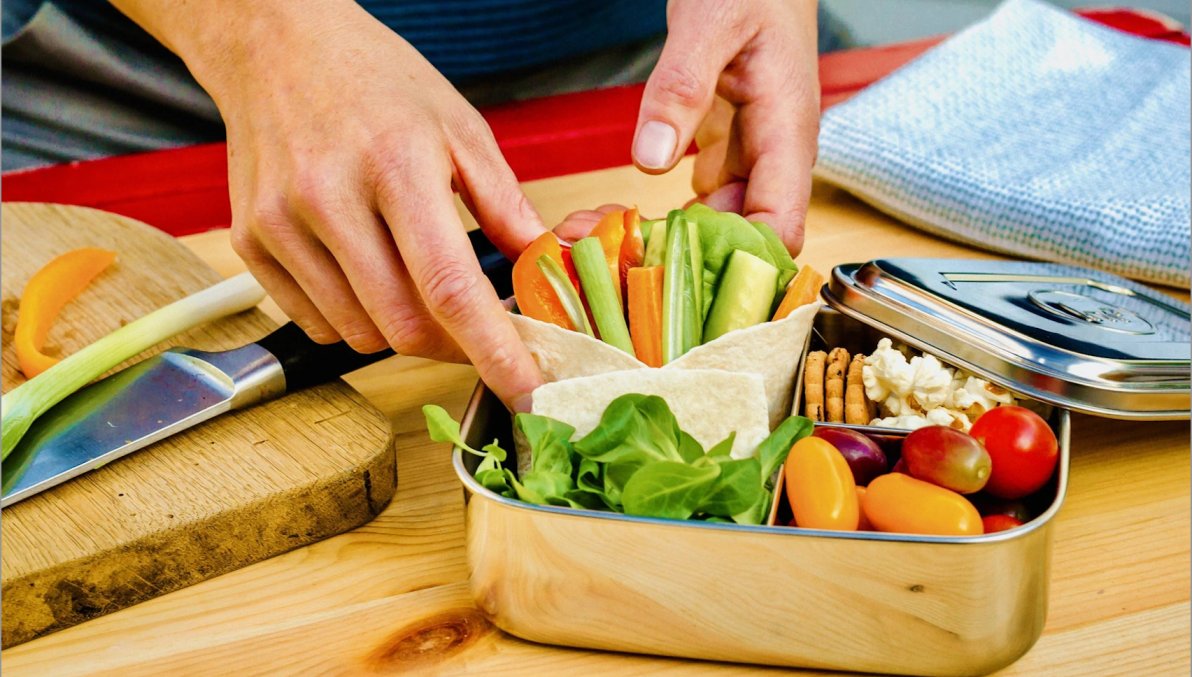
Photo: Elephant box container (Source: elephantbox.co.uk)
If you have not lived by your reusable water bottle, here is your chance to get them. Ocean Bottle is reusable and comes with a 10-year warranty and replacement parts for life .When you buy an Ocean Bottle, you fund the collection of 1000 ocean-bound plastic bottles before they reach the water. By switching to a reusable bottle you can save around 150 single-use plastic bottles from use every year and benefit from a sustainable way to hydrate, time and time again. This will lower the amount of plastic bottle waste in landfills, helping to reduce greenhouse gas emissions.
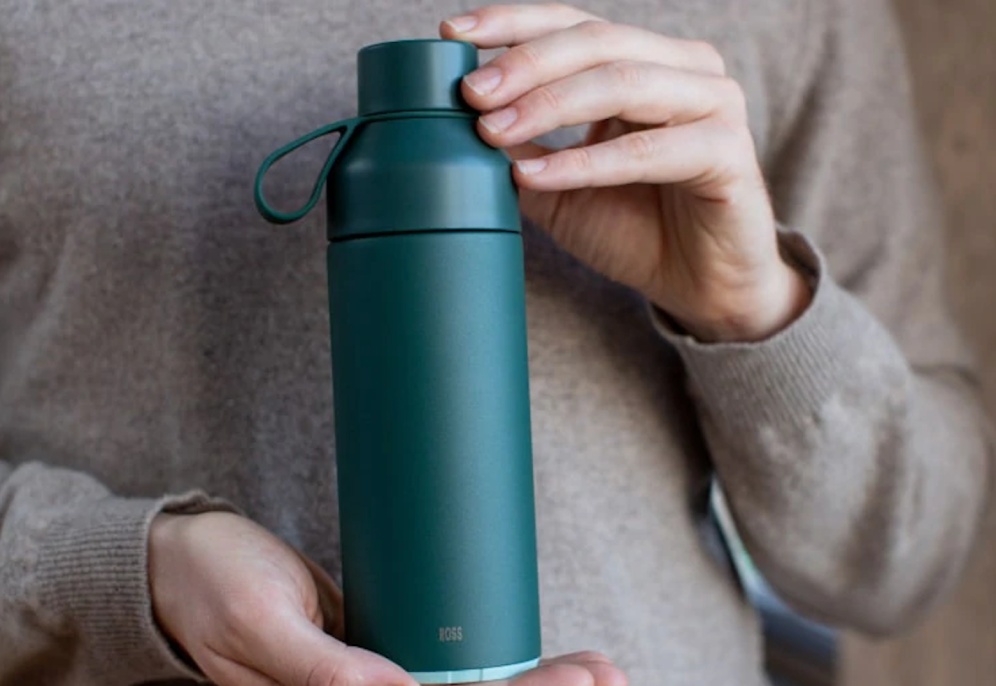
Photo: Forest Green Ocean Bottle (Source: oceanbottle.co)
